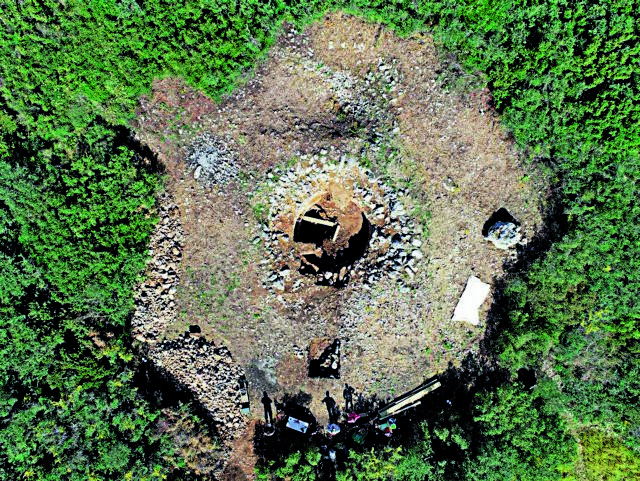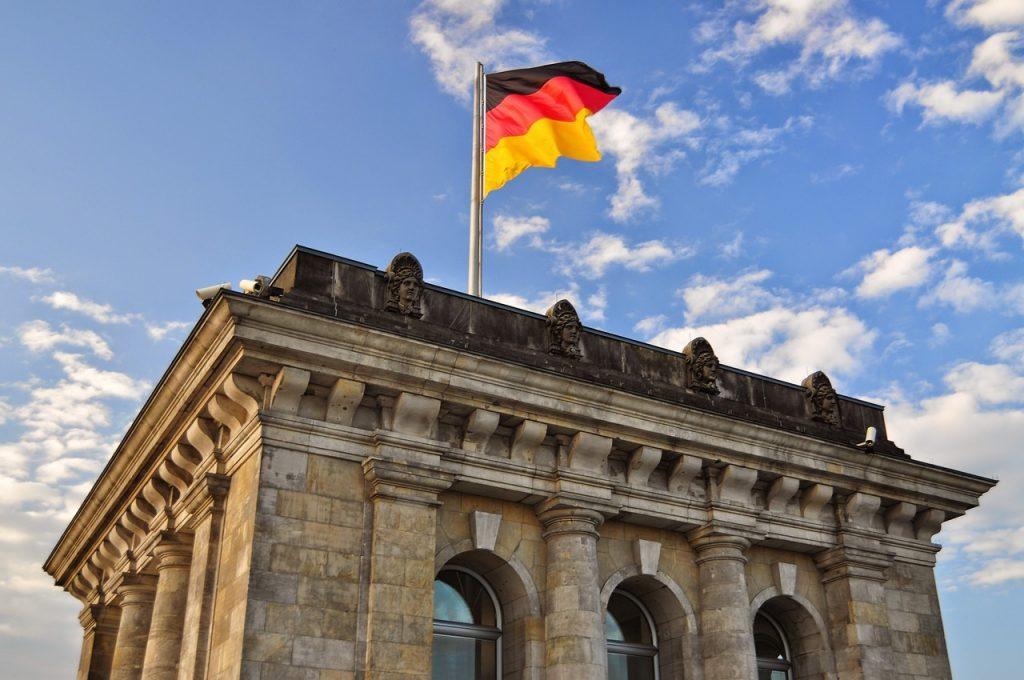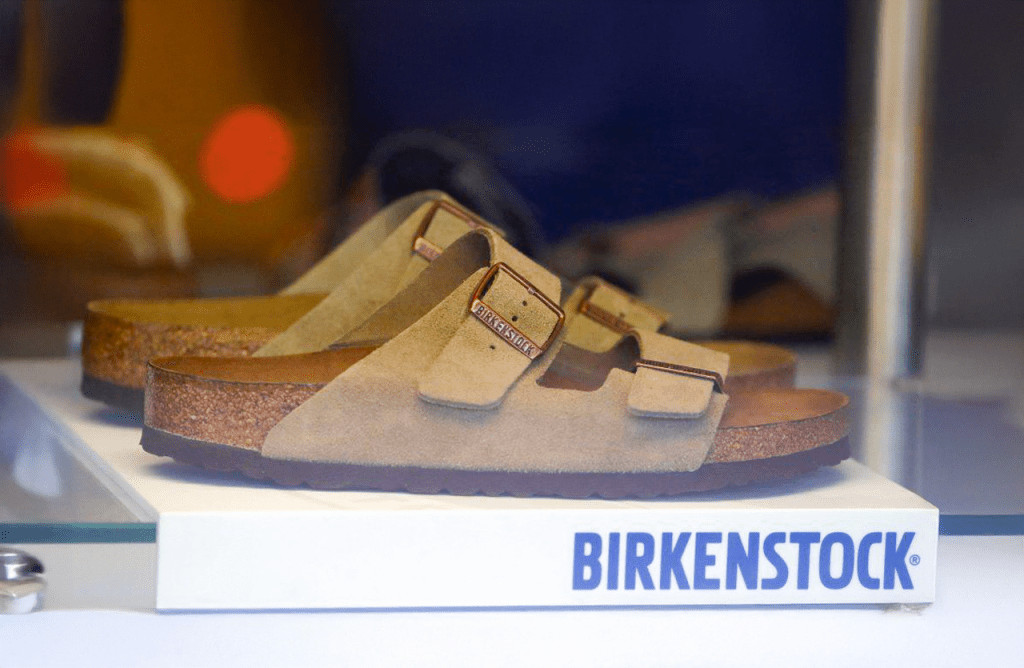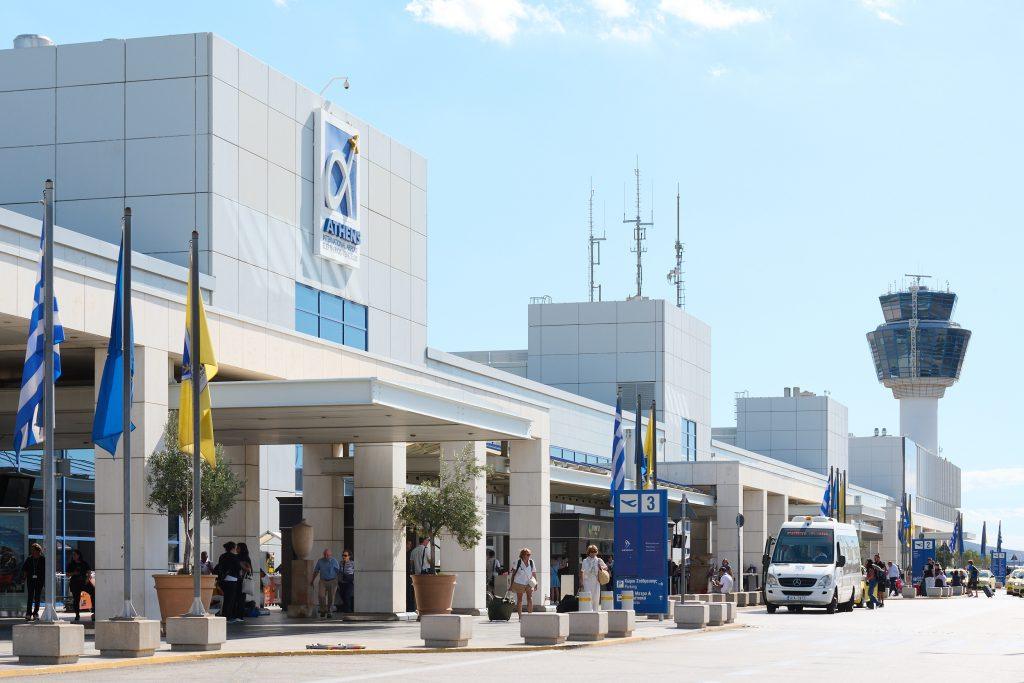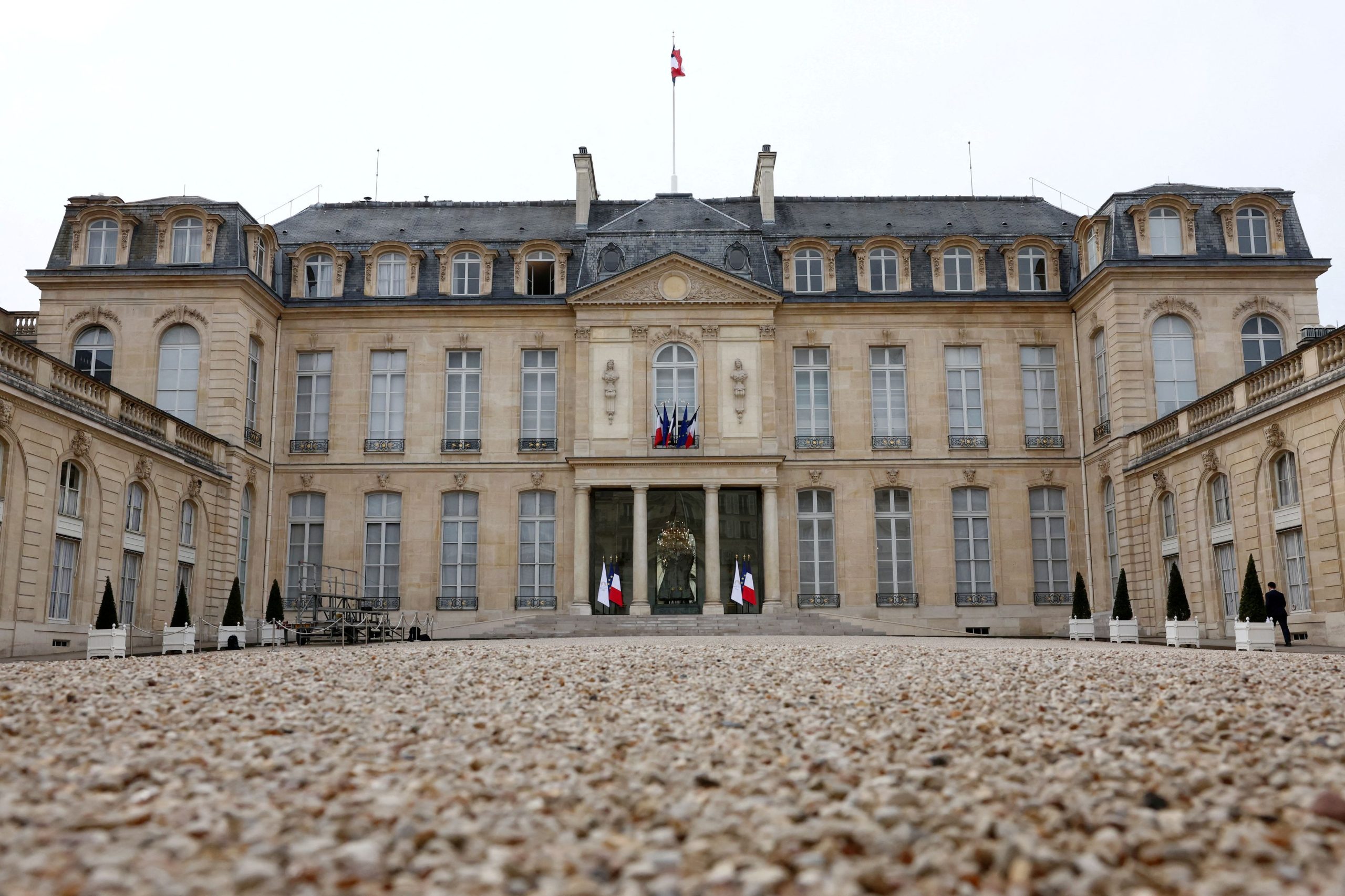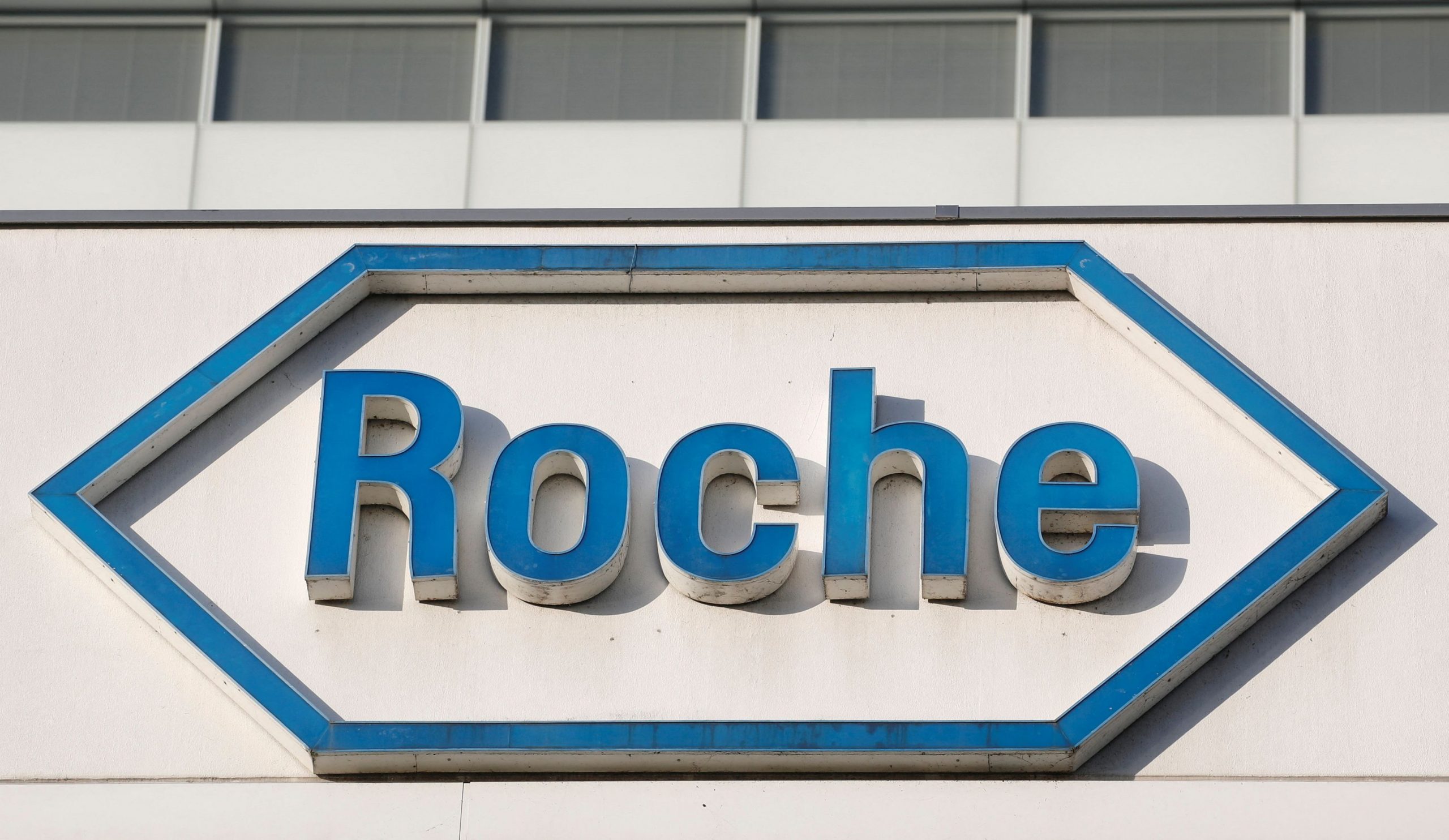In a major discovery that might change previously held views regarding burial practices in late Bronze Age Greece, archaeologists discovered one of the first-ever sites of flintstone extraction dated in the late Bronze Age (1.100 BC) on the island of Kefalonia in the Ionian Sea.
The Greek excavation team brought to light two shafts hidden among the lush vegetation with a depth of 5 meters each and an artificial embankment a little outside the town of Argostolion located on the west side of the island.
“The findings show that the shafts were deliberately opened for the extraction of flint, and the imprints of the extraction tools have been preserved,” the head of the Ephorate of Antiquities of Kefalonia and Ithaca, Grigoris Grigorakakis told Ta Nea.
As he explained, they performed the initial processing of the material on-site before transporting it elsewhere for further work. “In a short period, they sealed the circular shafts, within which no movable finds were discovered, and created a landmark,” he adds.
The archaeologist said the team also discovered a clay platform in front of the largest of the two shafts mixed with flint remnants and large quantities of broken pieces of local pottery suggesting some forms of ritual practices were taking place.
“This is a practice we encounter for the first time and it has obvious ritual characteristics. It is the complete opposite of what we find in burial monuments, where the vessels are accumulated at the entrances of the tombs in Bronze Age Greece,” explains Mr. Grigorakakis.
The fact that two pieces of a broken vessel were found at different locations near the site reinforces the notion that this would probably have been used for ceremonial purposes.
The base and part of the belly were placed at the entrance of one shaft, while the section from the belly to the neck was found 12 meters away at the entrance of the second shaft.
Source: tovima.com
